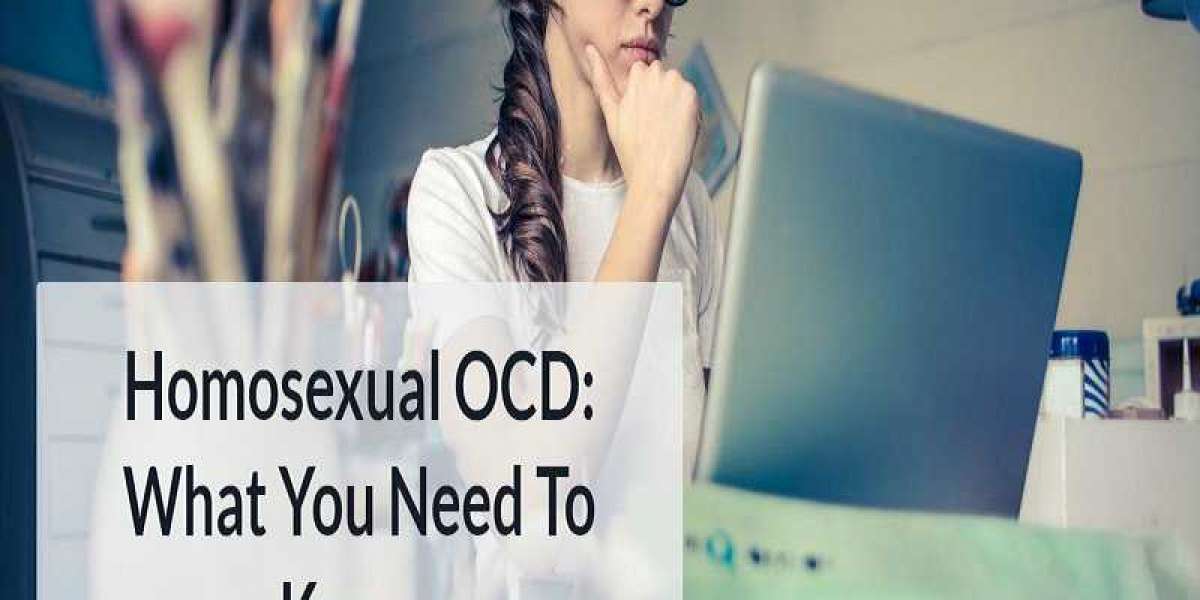Homosexual HOCD (Obsessive-Compulsive Disorder) is a form of Obsessive-Compulsive Disorder that involves distressing and intrusive thoughts related to one's sexual orientation. It's essential to recognize that HOCD does not imply a person is in denial about their true sexual orientation but rather that they are plagued by unwanted, obsessive thoughts. This article explores HOCD symptoms, what it entails, and strategies to manage intrusive and obsessive thoughts effectively.
Understanding HOCD Symptoms
HOCD is characterized by persistent doubts and anxieties about one's sexual orientation, often leading to intrusive thoughts that can be distressing and cause significant psychological distress. Some common
HOCD symptoms include:
- Intrusive Thoughts: HOCD sufferers often experience unwanted and distressing thoughts about their sexual orientation. These thoughts can take the form of questioning one's attractions, creating doubt and uncertainty.
- Anxiety and Obsession: People with HOCD often obsessively seek reassurance or perform mental rituals to alleviate their anxiety. This can include repeated internal questioning and reviewing past experiences.
- Avoidance Behaviors: Individuals with HOCD may avoid situations or people that trigger their intrusive thoughts, further limiting their quality of life.
- Emotional Distress: HOCD can lead to significant emotional distress, including feelings of shame, guilt, and depression.
How to Stop Intrusive Thoughts
- Identify and Label the Thought: Recognize that intrusive thoughts are not a reflection of your true self or desires. Label them as "intrusive" to create distance and reduce their emotional impact.
- Practice Mindfulness: Mindfulness techniques, such as meditation and deep breathing exercises, can help you stay grounded and reduce the power of intrusive thoughts.
- Reframe Negative Thoughts: Challenge negative and irrational thoughts by asking yourself evidence-based questions. For instance, "What evidence do I have that my sexual orientation has changed?"
- Cognitive Behavioral Therapy (CBT): CBT is a highly effective treatment for HOCD. A trained therapist can help you identify and restructure irrational thought patterns and behaviors.
- Exposure and Response Prevention (ERP): ERP involves exposing yourself to situations that trigger your intrusive thoughts without engaging in avoidance behaviors. Over time, this can help reduce the anxiety associated with these thoughts.
How to Stop Obsessive Thoughts
- Understand the Nature of Obsessions: Recognize that obsessions are irrational and often out of your control. They don't define who you are.
- Set Aside Specific Time for Worry: Allocate a specific time each day for obsessive thoughts. This can help contain these thoughts and prevent them from intruding on the rest of your day.
- Distract Yourself: Engage in activities that fully occupy your mind and divert your focus away from obsessive thoughts.
- Journaling: Writing down your obsessive thoughts can help you gain perspective and identify patterns, triggers, and potential solutions.
- Seek Professional Help: If obsessive thoughts are significantly impacting your life, consider seeking the assistance of a mental health professional who can provide guidance and support.
HOCD symptoms can be challenging to manage, but with the right strategies and support, individuals can regain control over their lives. It's essential to remember that HOCD doesn't define one's true sexual orientation, and seeking help is a vital step toward managing intrusive and obsessive thoughts effectively. Whether through self-help techniques, therapy, or a combination of both, individuals with HOCD can find relief and live fulfilling lives. Remember that you are not alone, and help is available to guide you through this journey towards well-being.














